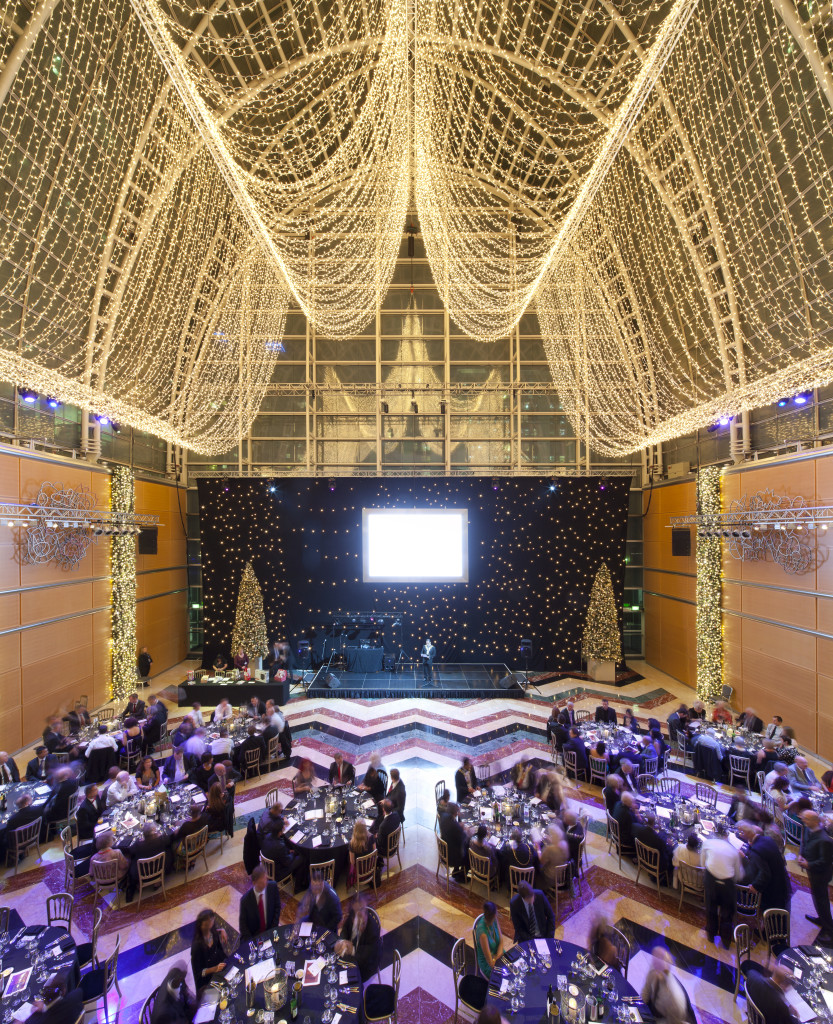Back in March I attended the monthly Event Marketing Association (EMA UK) event about corporate hospitality in the new corporate world. After the financial crisis and introduction of the Bribery Act, any such spend needs to be justified in major corporations. This discussion looked at the current situation, changes that happened over the past years and current trends. The event took place at the elegant and historic Dartmouth House in the heart of Mayfair for corporate event planners and the experienced panel of speakers included Nick Gratwick from Keith Prowse, Stephen Farrow from Aegon Championships, Cheryl Chickowski from Cultivate UK and was moderated by Andrew White from Triggerfish Communications.
Why corporate hospitality?
The discussion started with what is currently happening in the marketplace and why companies need corporate entertainment. According to the panellists, back in days it was for entertainment only and nowadays it is for business development, strategy and is part of the marketing mix. Organisations are interested in investing in a memorable experience therefore experiential marketing is playing a bigger role. It becomes about finding out what clients want first and delivering on their interests.
Compliance, regulations and hospitality spend
Should corporate hospitality spend be anonymous? The panellists suggested that it is not possible to stay anonymous about it and it is even getting harder to justify expensive tickets. Therefore, the industry sees a trend of moving from expensive tickets to bespoke hospitality.
Talking about branding, times have changes and companies are not investing anymore in branding but rather in experiential and activation, such as in corporate suites to communicate and create an experience that says who the company is.
In the corporate environment it can take up to three weeks to get permission for bookings because it has to go through compliance, so hospitality companies are aware of this long sales process and need to work around it.
Is the market back after the recession?
The recession and the Bribery Act definitely affected spending. In a way this is good because it “cleaned” the market and the strongest industry players had to readjust their offer. Such examples include offering buffet instead of seated dinner, offering less formality with more networking opportunities.
Which industries offer corporate hospitality?
Before, major clients were from finance, pharmaceutical industries, now more industries have demand for corporate hospitality too, such as tech and gaming. We also see more and more small and medium enterprises booking corporate hospitality.
Food trends
Today’s guests are “foodies” and expectations are much higher – people expect a culinary experience, not just feeding. There is trend towards sustainability too, and so the customers want to know where the food is coming from and if it is local or organic. Tastes are changing and customers will not book the same event from previous year. Despite the tight budgets, there is still place for premium offer for food and beverages.
Next generation Y
We see the rise among young and affluent generation. How can we appeal to them? According to the panellists, they want a more relaxed atmosphere – instead of a round table, for example, look for a back stage with celebrity and athlete. Two of their characteristics – they are active and tech savvy. You can appeal to them by personalization on mobile and interaction on the big screen – so be aware of it and plan accordingly.
Current offer on the market
Is there too much on the market at the moment, can it be confusing for the customer? Post crisis consolidation helped to clear and refresh the market and now we mainly see major players but also the rise of “boutique hospitality” such as Fortnum & Mason at the Flower Show. When choosing a hospitality provider to work with, it was the opinion of all to go to one with proven track record of experience with the type of events you want for your clients. For major sporting events work with the rights holders or at the least their official resale agencies. There are many tales of non-delivery, tickets not materialising within the industry. Do not be the next tale!





No Comments